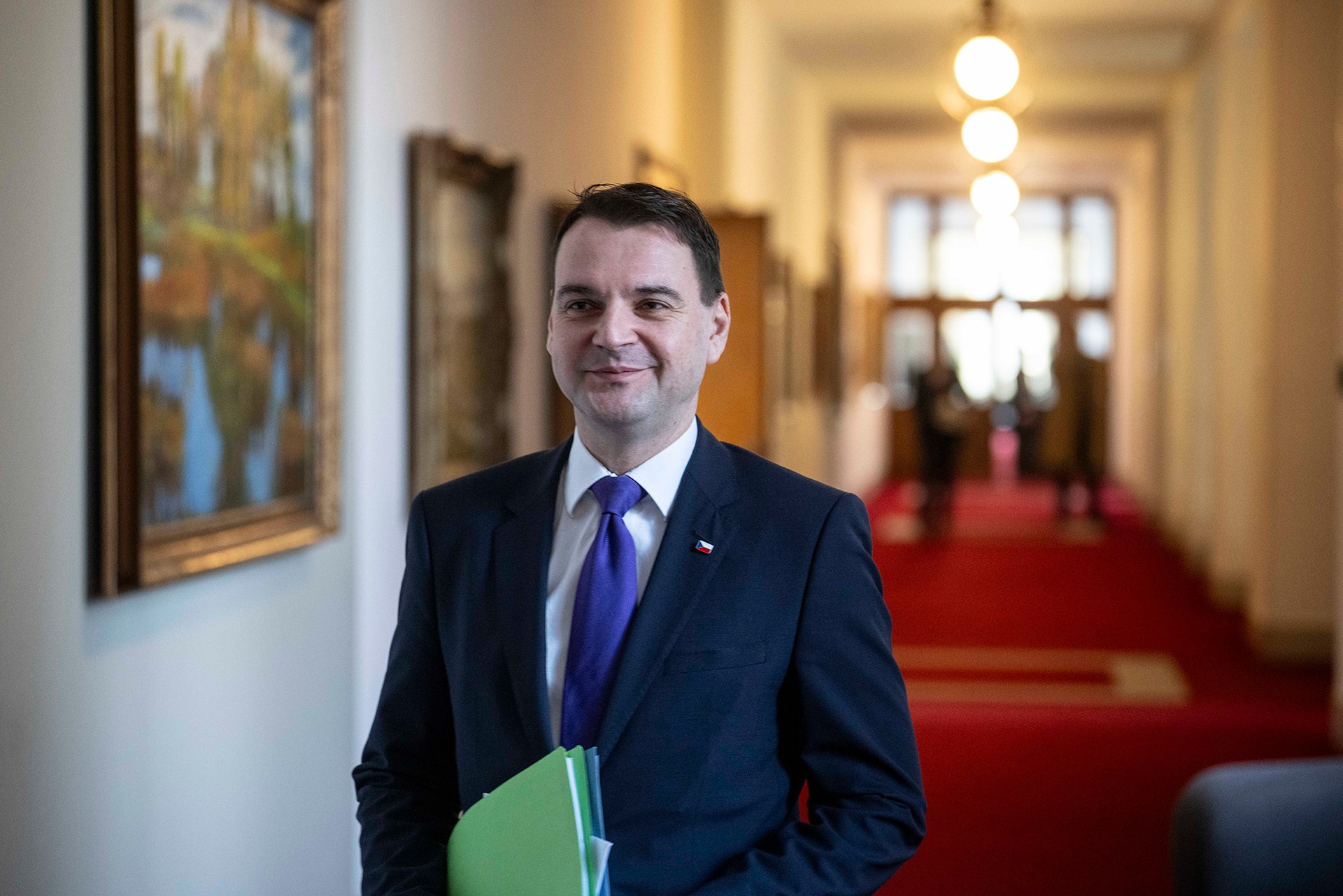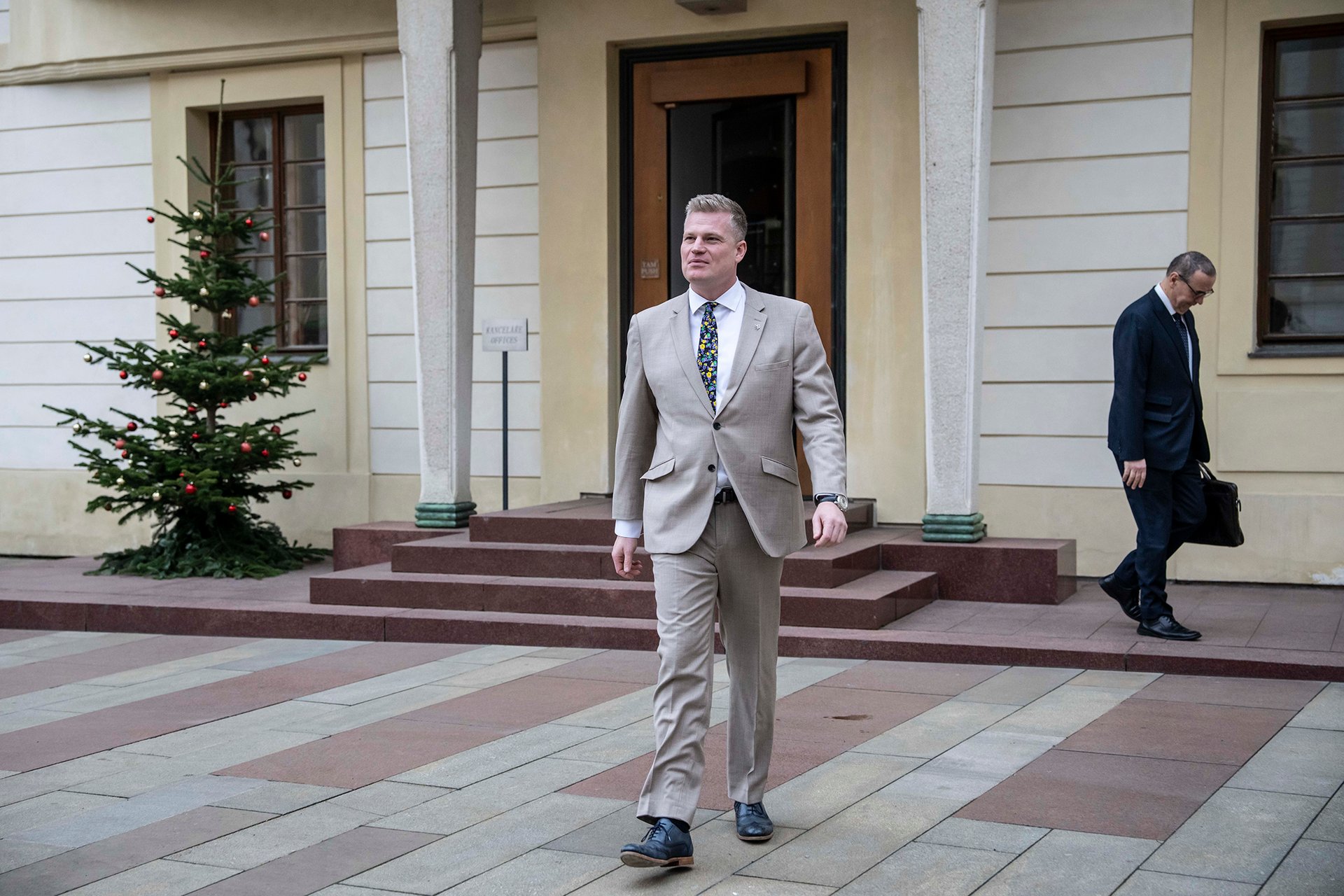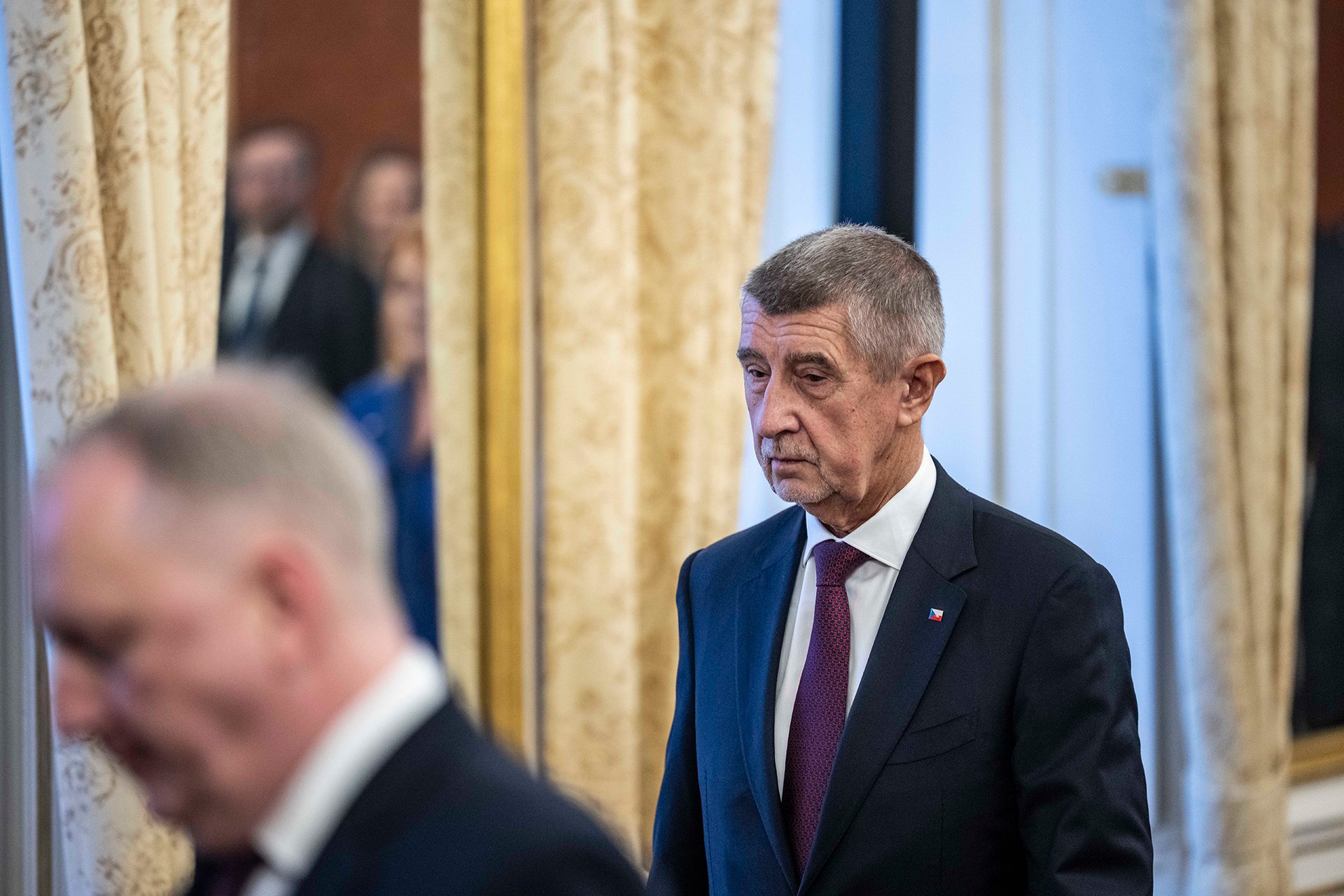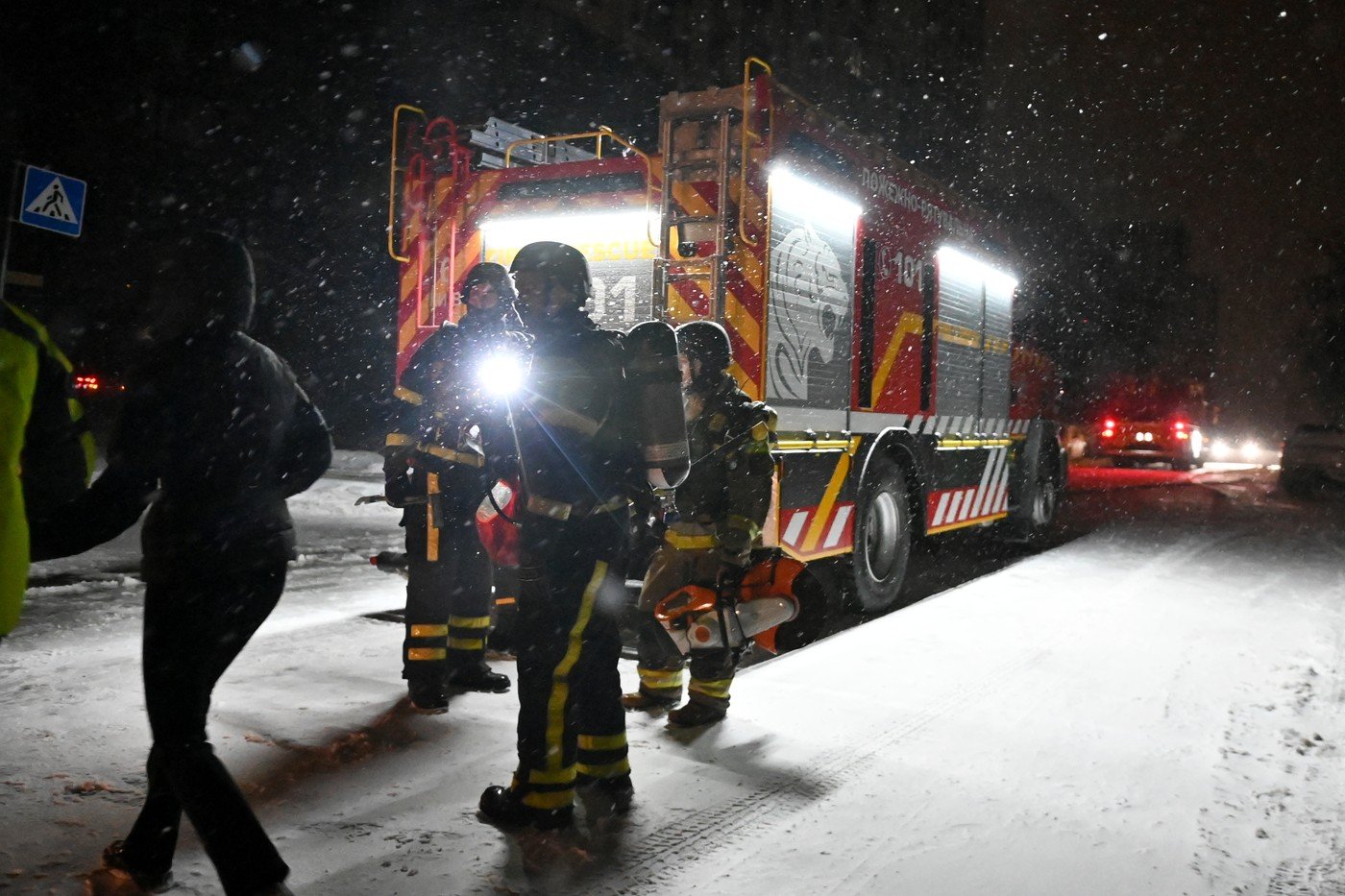Be Honest
It's helpful that the Constitutional Court has defined MPs’ work

As long as we live in a country where politicians take the Constitutional Court's verdicts as a precedent for the future, then what the Social Democrats did this spring should never happen again. At that time, the Social Democrats found a few party rebels, overthrew the government with their help and then did not even bother to form another cabinet of their own. Party representatives said, instead, that they wanted new elections. Now, however, after the court's ruling on 10 September, we know that such manners are against what the constitution says about the job of a deputy. This "political" discovery is more or less a byproduct of a ruling through which the judges on 10 September cancelled the elections, granted themselves the right to decide laws that threaten the spirit of the constitution and called it inadmissible to make one-off changes only for politicians' sakes.
Let us, however, look closer at the spring overthrow of the cabinet, which stood at the beginning of today's "constitutional crisis". Even though the political clashing that culminated in the ODS’s overthrow is the driving force of a democracy, it should not be promoted to the meaning of a parliamentary job, as it only leads to disputes, inactivity and crises. Next time, deputies should therefore show – as the Constitutional Court has indicated – a sincere effort to form a functional cabinet, and only when they use up all possibilities should they be thinking of new elections.
That is how parliamentary work – as we have found out from the judges – is treated by the constitution; had politicians obeyed it, it would have had a very positive effect on Czech politics as a whole. Such an approach necessarily blunts the mutual animosity that prevails in the Czech parliament and forces politicians to find agreements and, above all, to develop a sense of responsibility. On the other hand, calling for new elections deprives politicians of their responsibility as they strive to gain more votes and more power.
To want more power is, obviously, nothing bad, but if voters additionally demand from their representatives more effort and a sense of compromise when seeking political agreements, then it’s better for them. Only then will parliamentary factions think twice before overthrowing well-functioning cabinets when they have no idea what a new government should look like.
It is not sure at all, however, whether politicians will learn from this constitutional lesson. If one looks at the upset speeches by the president and the ČSSD head, it rather seems that they won't. Also the constitutional judges themselves have helped to nurture this scepticism. In order to accept psychologically such a big change as the one in perceiving the job of a deputy, it would be good if the court had decided unanimously; however, that was not the case. (The constitutional judges voted 13:2.) Therefore, if even constitutional judges are not unanimous, politicians can easily repeat over and over again the boring phrase that they respect the ruling, but do not agree with it.
Entertainment on the programme
The Constitutional Court's proceedings on 10 September were in a way a fascinating spectacle, first of all because of the clash of the conceited rhetoric of the parliamentary representatives with the very matter-of-fact logical thinking of the judges. These are the very same empty speeches used as a magic formula in elections, which populists like Paroubek refer to as the holiest ideal: the inviolable right of the people to decide.
The practise in the Czech Republic, however, is a little more complicated. In the last 14 years, elections here have not been a reliable way to create a majority government. For many years there have been talks about changing the electoral law in such a way so that we could more easily avoid elections ending in ties. In other words: so that people get a meaningful possibility to use their franchise. As with other political topics, it has been butting up against personal antipathies and a reluctance to agree on a common approach, on a compromise.
Moreover, this year's campaign has shown that it is quite cynical to call elections in the Czech Republic a competition of political visions, programmes and solutions from which people will choose. The election strategies of both big parties have been dominated by agencies that advise their clients not to speak about key national problems if possible. Consequently, the candidates do not go meet people that much, and, if they do, they hide on high stages or behind entertainment programmes that they serve to their voters in an unprecedented amount. The meaning is clear: not to disclose true plans, to avoid attacks by an opponent and not to play into rivals’ hands as they could take advantage of it the same way the ČSSD did last year with its campaign ODS-minus (it was the opposite of the ODS-plus slogan used by Topolánek's party in the campaign).
Quite a common strategy now is a negative campaign, with fabricated billboards insulting political competitors so that it is no longer clear who is saying what, and whether a statement is malicious gossip or a joke intended to make fun of the other side.
All of this is happening at a time when there are a number of hot topics that politicians will have to take on after the elections and which should be therefore discussed now. Among the key topics are the indebted public finance and reforms that should lead to its remedy, corruption surrounding public commissions, climate protection, and ČEZ's proliferation and its interconnection with politics. This agenda will be on top of the list after the elections, and we cannot be sure how the big parties are going to deal with it, what exactly they are offering.
Elections then easily become a matter of a coincidental or emotional choice, after which – without knowing the programmes and real plans of the parties – we will possibly be in the same situation as before: that is, without a stable government and willingness to a compromise. Therefore, the call of the Constitutional Court to subordinate the political fight to a sincere effort to treat the electoral mandate with maximum constructiveness comes in handy. Let us hope that our parliamentary representatives will keep this by-no-means-complicated message in their heads as long as possible.
Pokud jste v článku našli chybu, napište nám prosím na [email protected].










